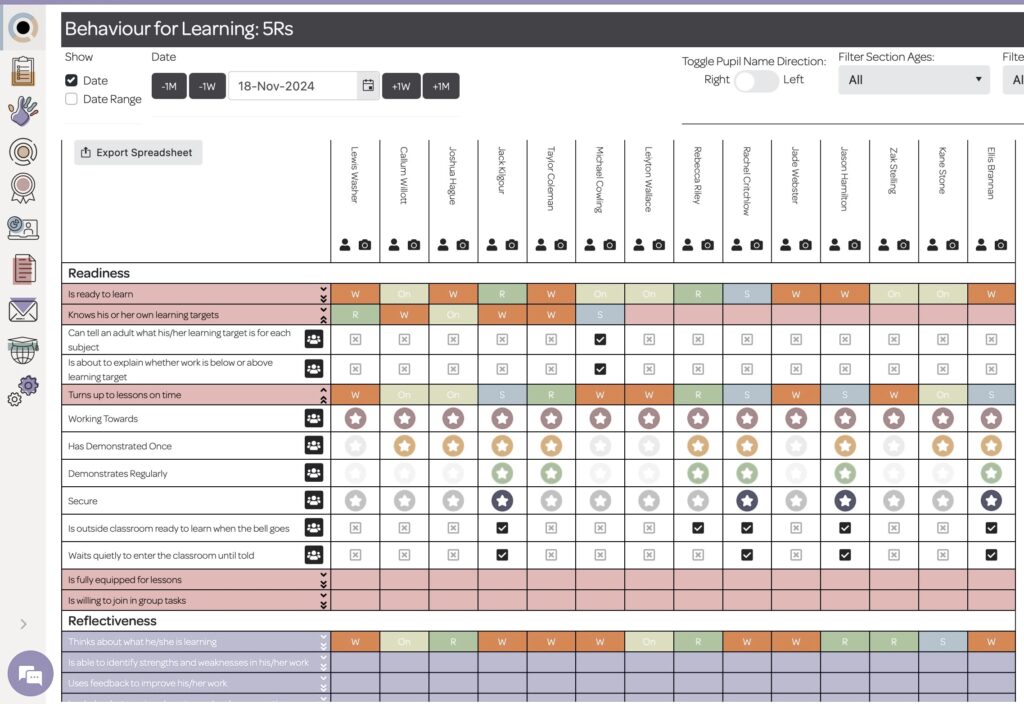(3 minute read)

This month’s NAO report: Support for Children and Young People with Special Educational Needs, (October 2024), highlighted the huge increase in numbers of children and young people with SEN in England. In the last ten years there has been 140% increase in the number of pupils with an EHCP (education, health and care plan) or equivalent. It is also the case that since 2019, there has been no consistent improvement in outcomes for these children and young people.
Why has there been no consistent improvement in outcomes for young people with SEN over the last five years?
One recent study, funded by the Nuffield Foundation, has started to address this question by investigating different interventions used to support the learning of pupils with special educational needs and disabilities (SEND). The study, led by Dr Jo Van Herwegen of UCL, Institute of Education, reviewed the existing evidence of the effectiveness of current interventions, across different educational settings, including how they are implemented for different SEND groups. The study concluded that some interventions can be very effective in raising attainment by an average of five months of progress. However, the study also found that, in terms of monitoring and evaluating the impact of these interventions, schools often relied on informal methods, such as word of mouth, or trial and error.
How do schools monitor the effectiveness of interventions?
Dr Jo Van Herwegen told the TES that some schools are very good at reviewing the targeted interventions that they are using. However, “most schools have a huge list of interventions that they’re using, but very little reflection on how interventions are selected for particular pupils. It’s mainly trial and error.” And often particular interventions or training programmes that are popular are not necessarily the ones that help to improve pupils’ learning. It is also the case that individual teachers often adapt interventions for their own students while these adaptations are not necessarily taken account of when evaluating the impact of the interventions. The project has produced a useful online toolkit for teachers and other education professionals to use to find evidence on the best approaches to use for particular groups of SEND learners in particular settings. However, it seems that schools themselves could do more to understand the evidence.
How can Educater Envision support SEND pupils?
It is clear that schools need a systematic approach if they are to make more informed decisions about which interventions to choose for which students or groups of students. This study has shown that often targeted interventions can work equally well in group and one-to-one settings and across ages. This is good news for educators. However, schools still need to monitor and evaluate the effectiveness of particular interventions for their students. This means having a system that, firstly, makes it easy for teachers to collect data on interventions and, secondly, enables easy access to data analysis reports for teachers and senior leaders.
Educater Envision allows users to create individual curriculums and targets, or adapt off-the-shelf national curriculums. This is a really inclusive tracking system that supports better outcomes for all students by allowing teachers to track small steps of progress for any or all students. Targets can be set against specific intervention programmes for specific learners or groups of learners. EHCP targets can also be tracked. Heat maps on coloured mark sheets make it easy for teachers to see at a glance which students are making good progress and which students need additional interventions; it also provides a quick view of the impact of particular targeted interventions for bespoke learner groups or cohorts.
Conclusion
There are more children than ever in schools needing SEND support. It is estimated about six students in every mainstream class. Schools spend a lot of money on target interventions for students who are not making the appropriate progress. But schools can do more with a systematic approach to tracking and monitoring which interventions are working. Educator Envision can provide that.
Book your free demo here: Educater Envision











